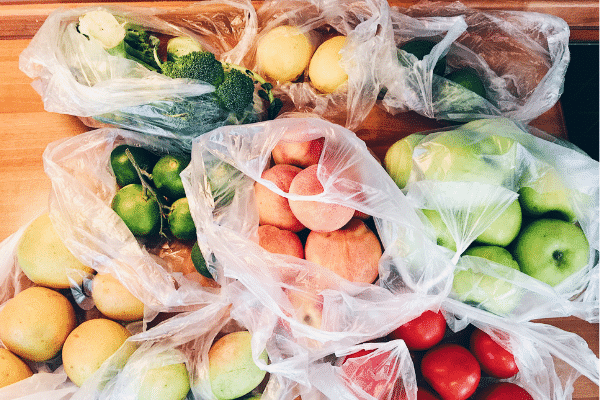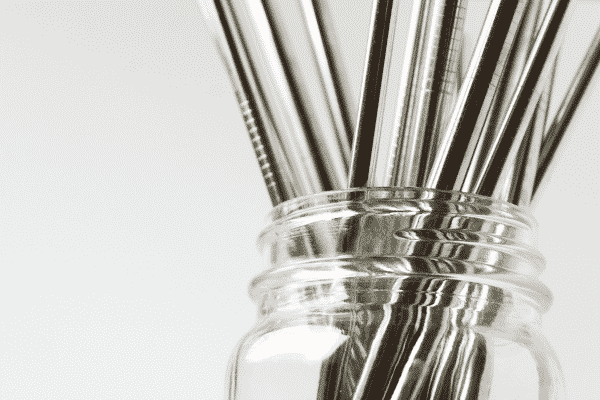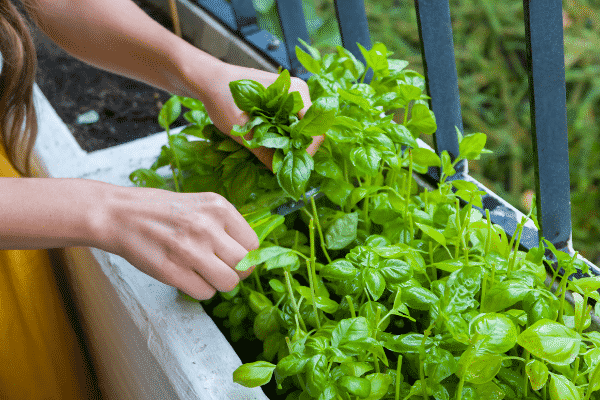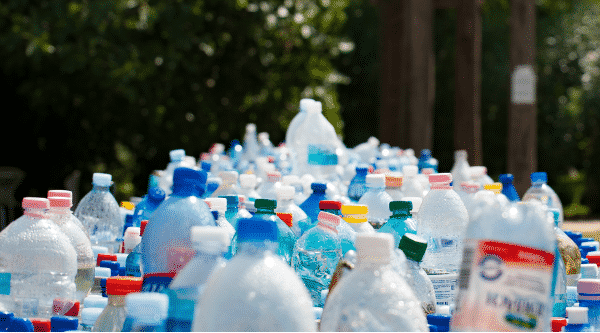We’ve all been there – running an unexpected errand and purchasing a harmless plastic bag or using a straw for a quick drink on the go. What difference could these little gestures make if it was just us? But the more I read about dead fish washed up on sea shores with plastic in their bellies, and saw the images of turtles caught in the plastic rings of a six-pack, I realised that some serious changes needed to be made. After all, even one person’s contribution makes all the difference in creating a plastic-free world.
Once I started making some crucial changes, I realised it wasn’t that hard after all! So here are ten simple methods that worked for me:
Use green bags while shopping
Even though I try to store some reusable bags in the car boot, whenever I forget this, I have to empower myself to say “no bags please” at the shops, and sometimes carry seven or eight different things in my hands as I walk back to the parking lot. It’s not always fun, but the thought that I am doing something right makes all the difference.
And in case it’s the boring look of reusable bags that put you off, why not invest in some good looking totes? It’s one purchase that you won’t feel guilty about!
Bread tag collection
These tiny bits of single use plastic are quite annoying as they are overlooked yet so many to ignore! So, we have started collecting the bread tags to donate to ‘bread tags for wheel chairs’, a cool initiative where plastic moulding companies repurpose these tags into various products, and the money that is obtained from selling these are used to purchase wheel chairs for people who cannot afford them.
Many hospitals and small businesses act as collection points for bread tags, so all you need to do is to collect the tags, look up the collection points online, and drop off your tags.
Minimise the use of plastic container
There are many food items that you can buy either in a plastic or a glass container, or in paper packs, like flour. Instead of buying the flour in plastic containers, buy it in paper packs, and transfer them to glass containers – easy as!
I also try to consciously buy/repurpose good quality glass containers to store perishable food, spices, non-perishable items. The family has to be a little more careful with these breakable items, but from my experience, you’ll get used to it in no time.
To add that edge while reusing the glass bottles, wash them and pop them into the conventional oven at 115 degrees for 15 minutes after a good soapy rinse and boil. Makes it cleaner than any clean plastic containers!
READ ALSO: Australia loves its coffee – but can we love our environment too?

Avoid individually wrapped products
I’ve developed a habit of disliking anything that comes in individual packs. Snack packs are advertised as easy to ‘grab and go’ for work and school lunches, but all it takes is a couple of minutes to pack the snacks into a container and pop it into the lunch bag.
Many supermarkets are now accepting the practice of bringing reusable containers to carry items like nuts, cheese, and meats. Why not check if your local grocer allows it too?
Ditch the plastic bottles
In our family, we’ve ditched the single use plastic water bottles on the go. Instead, we’ve opted for glass, stainless steel, or ceramic bottles that are sustainable… and a style statement!
Recycle old clothes and toys
If you have children, these are the things that clutter your homes and bins. We recycle those – handing over all those preloved clothes to our friends’ children or giving them to op-shops. Toys live multiple lives as we donate them to nearby childcare.
In terms of buying, too, op-shopping and garage sales are awesome ways to find some hand-me-down goodies. I mainly buy vases and interior decorative items from there, but I have friends who buy clothes and give them a good dry clean/ machine wash before you wear them. Join the circular economy!
READ ALSO: From veggie gardening to op-shopping, migrants are the quiet environmentalists

Avoid using straws
I see this as one of the biggest mistakes in the history of civilization – what else would you call using a whole heap of plastic to drink some 200 mls of liquid! To wean my tweens off the plastic straws, we now use steel straws which does the job cleanly. A little tip: some steel straws come with cleaning brushes inside, look for those so that you don’t have to hunt down the brushes.
Try ‘green cleaning’
With a little bit of planning, you can avoid having to constantly purchase refill bottles. Soaps, hand washes, detergents: everything can be purchased in bulk and divided into smaller containers. White vinegar and baking soda also make household cleaners.
There’s also a strong recommendation to go back to soap bars from liquid soap. I haven’t yet been able to give up on, but I will keep trying for sure!

Grow your own herbs
Instead of paying exorbitant prices for those couple of springs of leaves wrapped in more plastic, we have been trying to grow our own herbs like basil, parsley, rosemary, and curry leaves.
And if they die on you, we can always buy a little planted herb instead of something wrapped in plastic. Why not chop the needed bit, and then plant the rest?
Make some sustainable swaps
With enough trial and error, we’ve discovered some creative swaps for everyday products, like using match sticks instead of lighters and scented candles/ diffusers instead of aerosol sprays to freshen the rooms. We now buy loose-leaf tea instead of tea bags (as the latter have plastic in those) and save the single use plastic bags to be used as bin liners or use green bin liners. Purchasing organic cotton and wooden toys instead of plastic and polyester is another way of staying green.
Plastic has been synonymous with ease and convenience, so this continues to be an ongoing journey in our family, but we’ve learnt that with some due diligence, everyone can make these simple changes. Are you ready for that first step towards sustainable living?
READ ALSO: India’s dilemma on restricting coal use while supporting millions depending on it
Link up with us!
Indian Link News website: Save our website as a bookmark
Indian Link E-Newsletter: Subscribe to our weekly e-newsletter
Indian Link Newspaper: Click here to read our e-paper
Indian Link app: Download our app from Apple’s App Store or Google Play and subscribe to the alerts
Facebook: facebook.com/IndianLinkAustralia
Twitter: @indian_link
Instagram: @indianlink
LinkedIn: linkedin.com/IndianLinkMediaGroup





